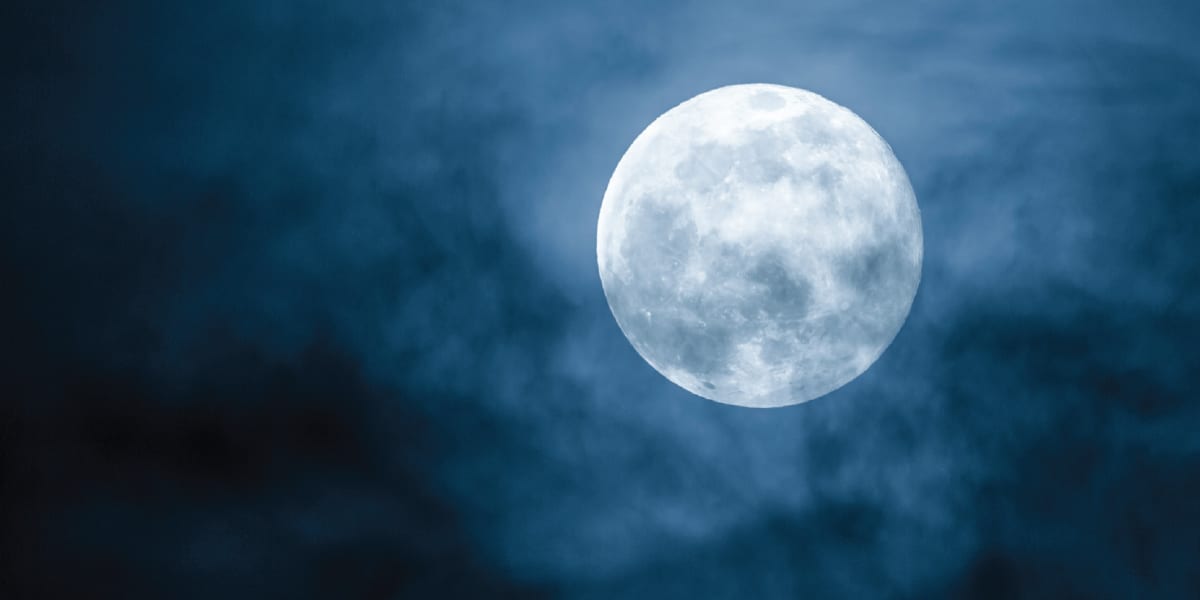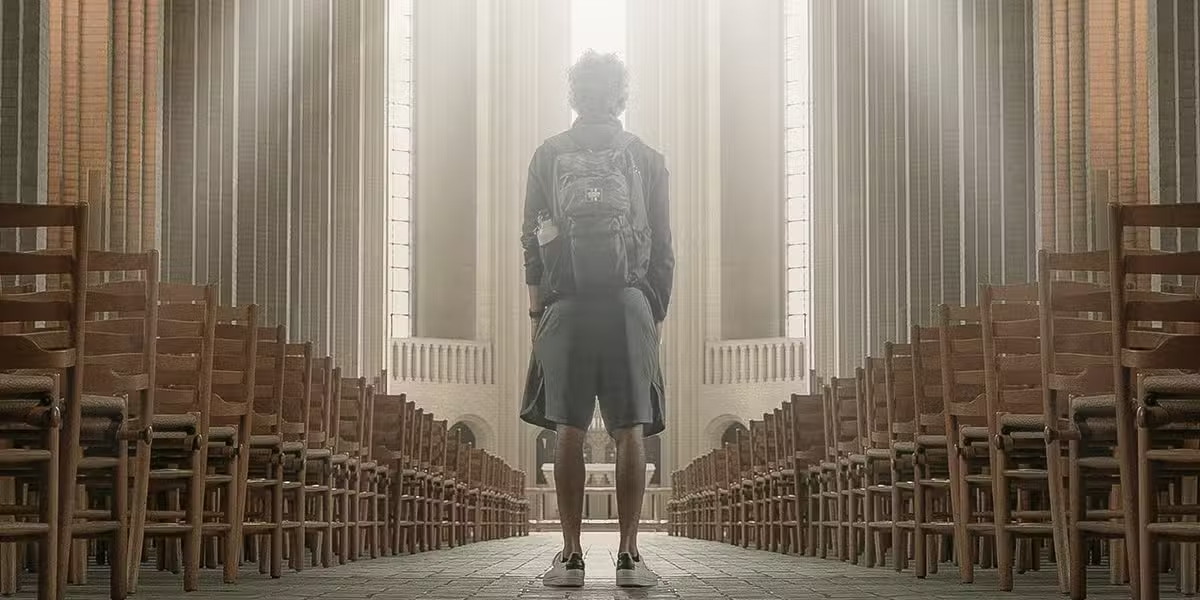This year, Easter is very late (April 20 in the Western Church) but can be even later. It can, however, come as early as March 21. Who approved this wide variance?
The date of Easter has a long history. In A Concise Dictionary of Theology, Jesuit Fathers Gerald O’Collins and Edward Farrugia write, “Initially it [Easter] seems to have been celebrated every Sunday while Jewish Christians still kept the Jewish Passover” (2000 revised and expanded edition, Paulist Press).
They continue: “This was bound to create friction, since the Christian message proclaimed that Israel’s deliverance from Egypt had been fulfilled and superseded by Christ’s resurrection (1 Cor 5:7). The practice of setting aside one special day each year to celebrate the resurrection led to controversy between Christians of Asia Minor, who kept the feast on whichever day the Jewish Passover (14 Nisan) fell and were called Quartodecimans (Latin for ‘followers of the 14th’), and other Christian communities that celebrated on the following Sunday.
“Such controversies continue. The Orthodox, even when they have accepted the Gregorian reform of the Julian calendar, still follow the Julian calendar for the date of Easter.” However, your question remains: How is the date of Easter now determined? When did that system begin? Easter among Western Christians is observed on the first Sunday after the first full moon following the spring equinox.
At the First Council of Nicaea (325), the Church in Alexandria, Egypt, shared its designation of March 21 as the date of the spring equinox. Over several centuries, the present system was adopted in the Christian West. The Catholic Church adopted the revised Gregorian calendar in 1582. Most Protestant nations had done the same by 1845. All these calculations were made north of the equator; south of that line the seasons are reversed, placing Easter there in their season of autumn.
In any case, our savior Jesus Christ embraces all peoples, times, and regions!
Combining Parishes
Many Catholic dioceses are in the process of readjusting parish groupings because of fewer priests and declining Mass attendance, allowing some churches to be used only for special occasions. My diocese presently has only four seminarians, and the number of priests over 80 continues to increase. These parish adjustments force many people to travel greater distances with fewer Mass times available at their destination. Where is all this going?
Yes, many dioceses and archdioceses are in the process of creating “families of parishes” to meet the sacramental needs of their members. Whereas the Latin Church once permitted priests to celebrate three Masses only on All Souls’ Day and on Christmas, it has become increasingly common for many priests to celebrate three Masses on a Saturday afternoon, evening, or on Sunday. Also, those priests must drive the same distances that those attending weekend Masses do.
I cannot foretell the future, but because the Eucharist remains the source and summit of the Christian life (Vatican II’s Dogmatic Constitution on the Church, 11), I am confident that the Church will make some change that will keep the Mass central to Catholic worship and life.
Is It OK to Keep Searching?
Although I was baptized Catholic, I was never confirmed or made my first Communion because my parents did not accept all of Catholic teaching. I have now approached the Catholic faith as an adult and have a great respect for it. However, I cannot say that I believe everything a Catholic ought to believe.
I am not as skeptical as I was years ago, but I would like to know if I am allowed to keep searching and make up my mind about the Church. My worry is that because I was baptized as a Catholic, I might not be allowed to keep searching and would have to force myself to believe and follow the Church, possibly sinning by doing so. I would prefer greater freedom about what to believe.
Baptism represents the start of a person’s growth in faith. Some life experiences make it easier to believe, and other events may raise questions and provide obstacles that you must face. “Faith seeking understanding” is the classic definition of theology.
Given your uneven exposure to the Catholic faith, you might assume that Catholics believe some things that, in fact, they do not. To resolve your relationship with the Catholic Church, you will need more information, but first and foremost you will need to experience Catholic worship regularly at Mass with other Catholics. That should help you answer some of your questions and reconsider what until now has been an obstacle to identifying yourself as a Roman Catholic.
If you have any Catholic friends, you might ask if you can accompany them to Sunday Mass. That should help you realize that you could find a home there—or that your objections are too serious to permit that.
On Holy Saturday at the Easter Vigil (April 19 this year), most parishes will celebrate the Baptism of several adults or the reception into the Catholic Church of people baptized in other Christian communities. This follows months of instruction and discussion about what members of the Catholic Church believe, how they worship, and how they live out their Baptism.
Are Ghosts Real?
Some Christians believe that ghosts are real while others deny that. Has the Catholic Church taken a position on this?
According to the Catechism of the Catholic Church, “Consulting horoscopes, astrology, palm reading, interpretations of omens and lots, the phenomena of clairvoyance, and recourse to mediums all conceal a desire for power over time, history, and, in the last analysis, other human beings, as well as a wish to conciliate hidden powers” (2116).
Any messages received in dreams or ghostly appearances need to be interpreted within biblical teaching.








